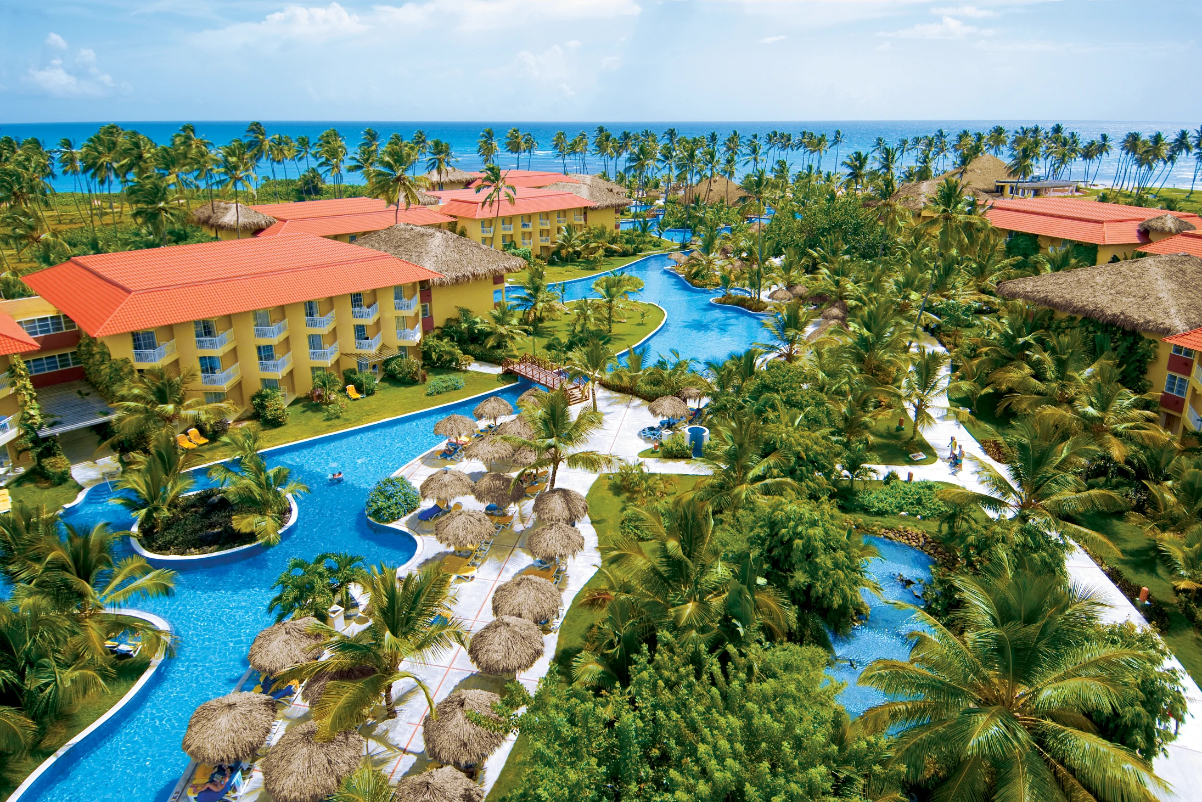Swiss vacation homes become even more elusive with building ban

Skift Take
From Hollywood directors to central bankers, vacationers in Switzerland built about 400,000 holiday homes in a country of 8 million during the past four decades. Now, their investment is gaining value as a limit on more chalets takes effect.
Swiss voters, concerned that unbridled development will eat up more of the Alpine landscape, approved a ban last year on the construction of holiday homes in towns where they already account for more than 20 percent of the housing stock. The law affects development in almost 500 villages, mostly in the regions of Valais, Graubuenden and Ticino, according to a study by the BakBasel research institute.
“We’ve already destroyed so much of our nature and landscape,” Franz Weber, whose Helvetia Nostra, or “Our Switzerland,” group led the campaign for the ban, said by telephone from Montreux on Lake Geneva. “We need to protect the last intact nature like it’s golden and holy. It’s something we need to protect for our descendants.”
Since the vote, second-home prices have climbed by 10 percent to 15 percent, said Yvonne Mettier, a real estate broker in Arosa in eastern Switzerland, in an e-mail. “People came to Arosa like ants and wanted to see and know everything” about the ban, she said.
Biggest Increases
Arosa and Davos, where the World Economic Forum has been held since 1971, are among the five areas that have seen the biggest property price increases since the second quarter of 2012, according to data by Wuest & Partner, a real estate consulting firm with offices in Geneva and Zurich. Property owners in the Alps include movie director Roman Polanski, Formula One’s Bernie Ecclestone and former Swiss National Bank President Philipp Hildebrand.
Chalets cost an average 3 million francs ($3.22 million) in Arosa, Mettier said. Holiday homes in St. Moritz cost about 15,000 euros ($19,700) per square meter (10.8 square feet), compared with about 7,000 euros in Chamonix, France, and less than 4,000 euros in the Austrian ski villages of Lech and St. Anton, according to figures provided by London-based brokerage Alpine Homes.
Switzerland’s Federal Tribunal decided May 22 to declare void any construction permits issued by local authorities since the vote, reversing previous rulings that allowed for a transition period until the end of 2012.
Owners of “cold beds,” as the part-time dwellings are known, are also facing criticism because the properties are vacant for much of the year.
‘Closed Shutters’
“We see the permanently closed shutters without a single geranium in front of the windows,” said Juerg Zollikofer, a Swiss doctor and father of four from Ossingen, who shares a holiday home in Grindelwald in front of the Eiger with his sister and her family. “They turn the villages into ghost towns.”
About 4,000 holiday homes were built each year in the Alpine region between 2000 and 2010, generating construction investment of 1.9 billion francs. The total stood at 513,000 in 2010, BakBasel found. About 75,000 jobs depend on the second- home industry and BakBasel estimates the ban may cost local communities about 8,600 jobs by 2015, when repercussions will be the strongest.
Hotel owners predict the prohibition on building will help their business, said Thorsten Knocke, director of the Excelsior hotel in downtown Arosa, in an interview. “Once the option of holiday homes is exhausted, we expect an increase in bookings,” he said.
Strong Franc
That would help offset the damage done by the strong franc, which led to a 15 percent drop in overnight stays between 2008 and 2012, according to figures provided by the Switzerland Tourism marketing group. The franc appreciated by 32 percent against the euro during the past 5 years.
“Investments can now flow into the hotel business,” said Weber of Helvetia Nostra. “People will keep wanting to spend their holidays here, because of the spectacular landscape, and not because they want to buy ugly holiday homes.”
Switzerland’s ski slopes, lakes and hiking trails attracted about 35 million overnight tourists last year, according to the statistics office.
Editors: Paul Verschuur and Ross Larsen. To contact the reporter on this story: Corinne Gretler in Zurich at [email protected]. To contact the editor responsible for this story: Andrew Rummer at [email protected]. ![]()




